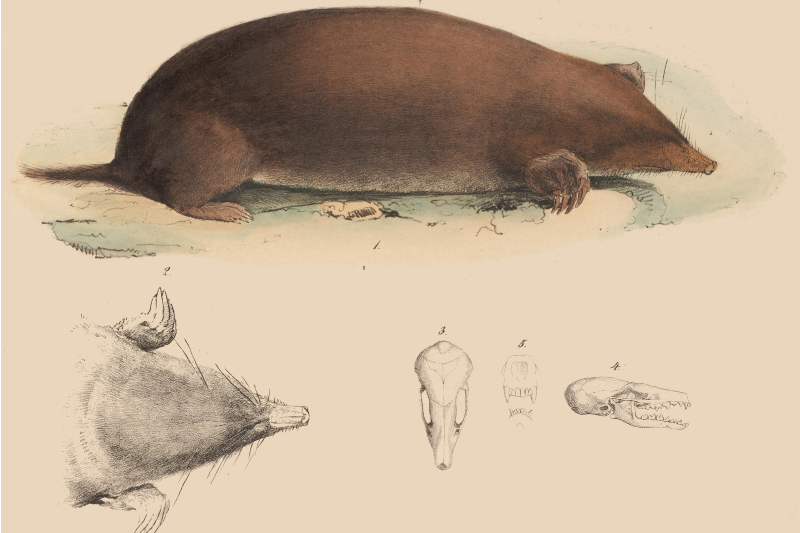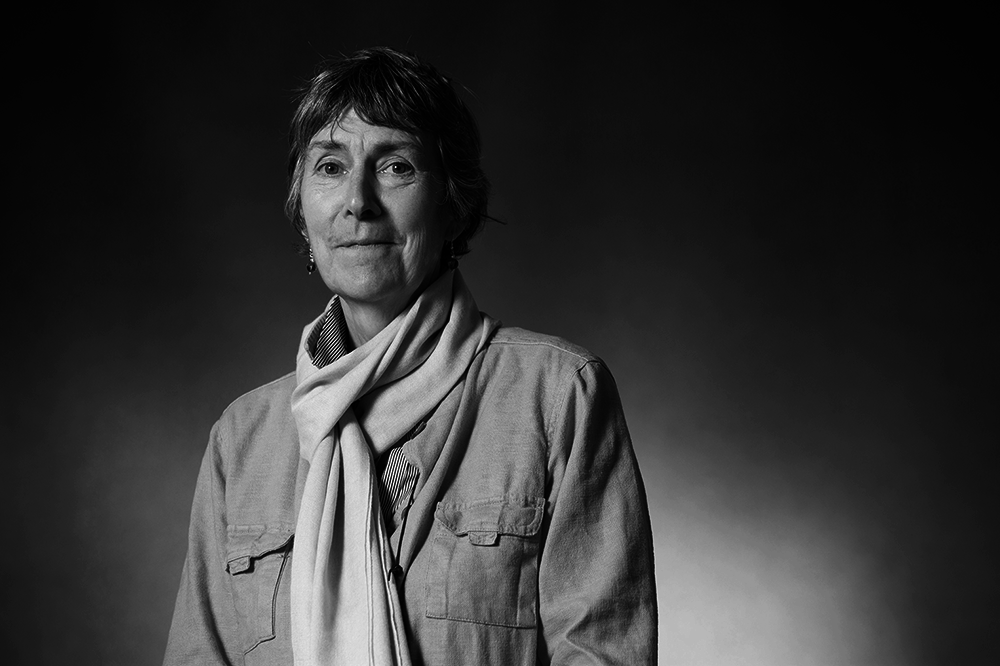Every week, the editors of The Paris Review lift the paywall on a selection of interviews, stories, poems, and more from the magazine’s archive. You can have these unlocked pieces delivered straight to your inbox every Sunday by signing up for the Redux newsletter.
This week at The Paris Review, we’re highlighting women writers and translators from around the world in honor of Women in Translation Month. Read on for Margaret Jull Costa’s Art of Translation interview, Hiromi Kawakami’s short story “Mogera Wogura,” Claribel Alegria’s poem “Summing Up,” and Svetlana Alexievich’s work of nonfiction “Voices from Chernobyl.”
If you enjoy these free interviews, stories, poems, and works of criticism, why not subscribe to both The Paris Review and The New York Review of Books and read both magazines’ entire archives?
Margaret Jull Costa, The Art of Translation No. 7
Issue no. 233 (Summer 2020)
Translating is writing, and I see no distinction, really, between being a writer and being a translator, apart from the very major distinction that I don’t start with a blank page but immerse myself in another writer’s words and transpose them into my own language. People often ask if I don’t yearn to write my own novels, and I don’t. I don’t have that kind of storytelling imagination. Just as actors don’t all yearn to write plays or musicians to compose symphonies, I enjoy the process of interpretation and performance, of conveying someone else’s words and ideas to a new audience. Not that I’m a neutral voice, that’s not possible, but, if all goes well, I’m the writer’s voice with a different cadence.

Mogera Wogura
By Hiromi Kawakami, translated by Michael Emmerich
Issue no. 173 (Spring 2005)
Every morning, I go around and give each human a few soft pats on the shoulder. First, this allows me to make sure they’re still alive. Second, it gives me a chance to find out if they want to leave immediately, or if they’d prefer to stay a little longer.
I drag the dead ones out of the house and drop them down a hole that has been dug outside, even deeper into the earth. The hole extends more than a hundred meters below the surface. I didn’t dig the hole. Neither did my wife. It took our ancestors generations to dig it, working at their own pace.
Summing Up
By Claribel Alegria, translated by Darwin T Flakoll
Issue no. 108 (Fall 1988)
In the sixty-three years
I have lived
some instants are electric:
the happiness of my feet
jumping puddles
six hours in Machu Picchu
the buzzing of the telephone
while awaiting my mother’s death
the ten minutes it took
to lose my virginity
the hoarse voice
announcing the assassination
of Archbishop Romero …
If you enjoyed the above, don’t forget to subscribe! In addition to four print issues per year, you’ll also receive complete digital access to our sixty-eight years’ worth of archives. Or, choose our new summer bundle and purchase a year’s worth of The Paris Review and The New York Review of Books for $99 ($50 off the regular price!).
from The Paris Review https://ift.tt/3iSwiN9


Comments
Post a Comment